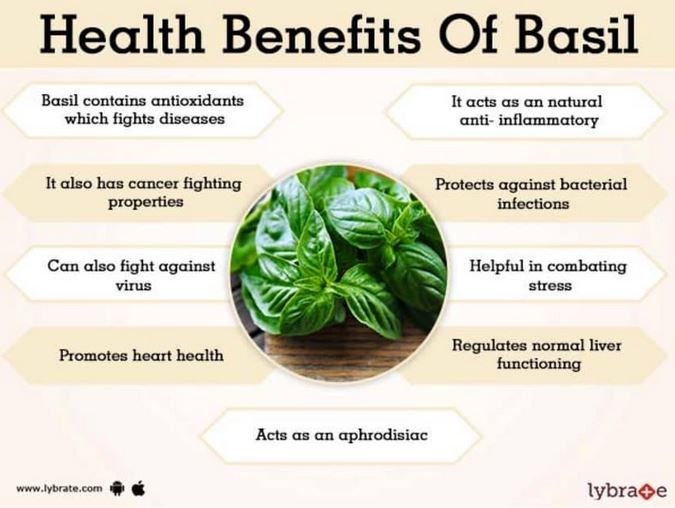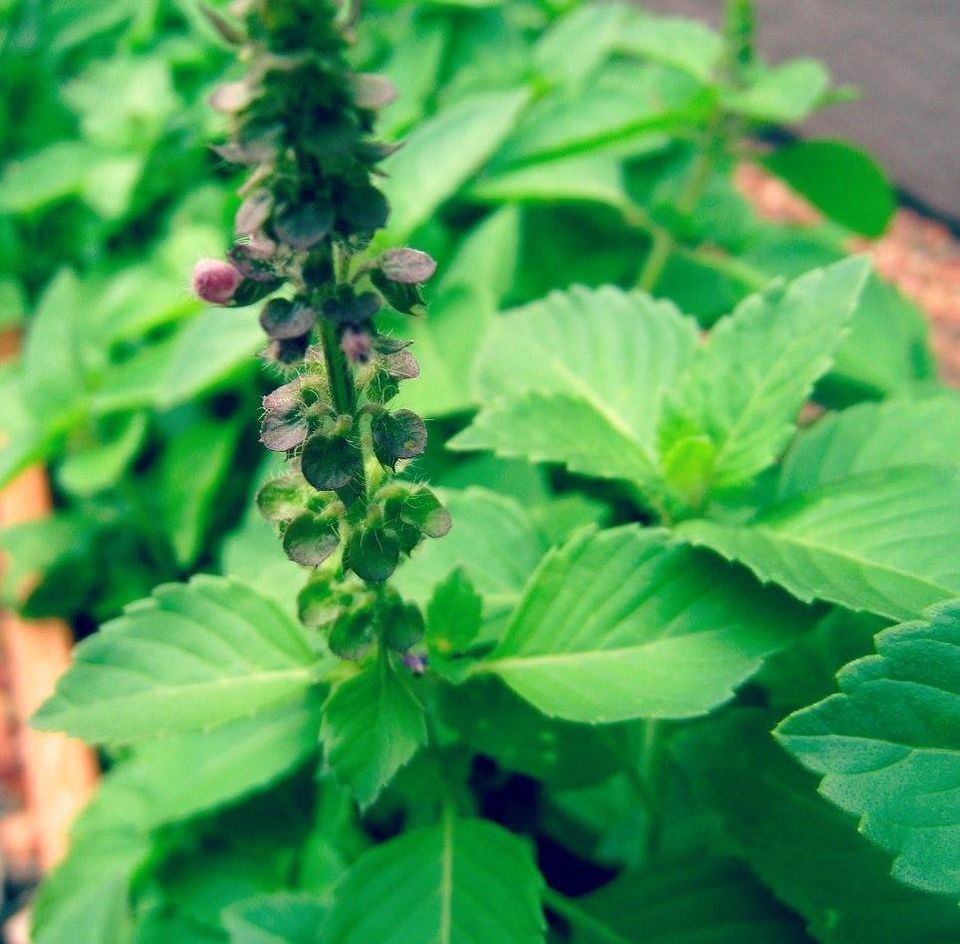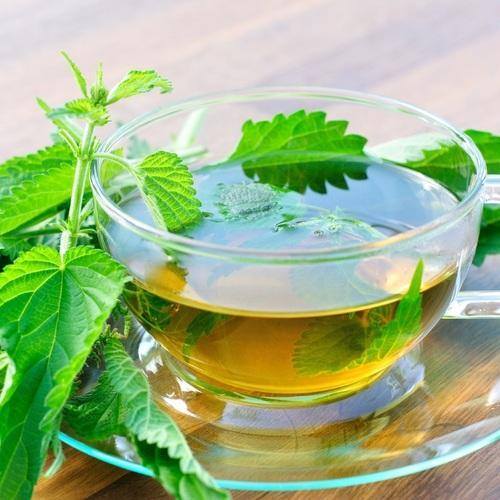Originally from India, Holy Basil is an aromatic plant that has, over the years, gained popularity for its religious and medicinal purposes has tremendous benefits of holy basil. The plant is widely cultivated all through the South East Asia tropics and is famous for its essential oils. Both the seeds, as well as the crop leaves, albeit with various purposes, are used. The plant has been observed to exhibit tonic characteristics to the mind, spirit, and body. Studies have supported the plant’s therapeutic value and revealed that it has a pretty high nutritional value.
Also known as the Ocimum sanctum or Ocimum tenuiflorum, Holy Basils falls under the Mint or Labiatae family. The plant grows in different tropical areas due to the numerous uses of the Holy Basils. It is the most sacred plant in India, and in Hindu mythology, it symbolizes some of the important deities of the Hindu religion. It is essential to position Holy Basils in quite a wide variety of uses. Some of the uses include:

Reduction of stress and anxiety
One of the popular uses of Holy Basils is reversing stress and anxiety. Holy Basil was already researched for its properties as an adaptogen. An adaptogen is indeed a natural element being used to facilitate the organism to respond to stress. Adaptogens also encourage mental balance. Research put into Holy Basil showed that it has pharmacological properties that can help the mind get through various stress levels.
Contagious, mental, physical/chemical are among the predominant sources of stress. Holy Basil helps reduce stress in all cases. If for physical stress, benefits of Holy Basil helps by boosting endurance. It does this by enhancing metabolism, minimizing tissue damage, and considerably reducing stress levels in noisy environments. The use of the plant also reduces sexual problems, forgetfulness, exhaustion, and sleep issues.
Certain studies have also indicated that Holy Basil possesses antianxiety and antidepressant properties. Those that use the plant or its products have also been observed to exhibit increased social characteristics.
Stimulation and protection of the body
Besides assisting the body in detoxing, Holy Basil is also rich in antioxidants. It can thus protect the body against a variety of toxic substances and chemicals. Its antioxidant properties also make it useful in preventing cancer as it inhibits the growth of cancerous cells.
Holy Basil not only protects the body against infections but also promotes quick healing of wounds. Extracts from the plant leaves are known to enhance wounds’ quick healing and strengthen the healed area. The plant is antiviral, antifungal, analgesic, anti-inflammatory as well as antibacterial. In some countries, it is used post-surgery to hasten to heal and protect the wound against infections. It does this by boosting the wound’s breaking strength, aiding in contraction, and increasing the healing rate.
Other conditions that Holy Basil can protect you from include keloids, acne, mouth ulcers, and raised scars.

Controlling blood sugar
Quite a several people face challenges in keeping their blood sugar levels in check. This is another area in which you will likely find benefits of Holy Basil. If you have been diagnosed with type 2 diabetes or pre-diabetes, you can effectively use Holy Basil to bring down the sugar levels. Some of the diabetes symptoms you can prevent using the plant or the plant’s extracts include high cholesterol, hypertension, insulin resistance, weight gain, and excess insulin content in the blood, which is technically known as hyperinsulinemia. However, it is recommendable that you contact your doctor before commencing the use of Holy Basil, especially if you are on blood sugar controlling medication as it may reduce the blood sugar level beyond the healthy point.
Reducing cholesterol
For anyone looking for a natural yet effective way of losing weight, Holy Basil is one of the best remedies. It targets metabolic stress and makes it an ideal way of losing weight and stepping down the body’s cholesterol levels. Changes in fat molecules are observed when one uses Holy Basil. It reduces LDL cholesterol, which is considered harmful, and raises HDL cholesterol, which is considered acceptable. It has also been discovered that eugenol, the oil contained in Holy Basil, helps reduce stress-induced cholesterol levels. It reduces cholesterol in the heart, liver, and kidney.
Benefits of Holy Basil enhances stomach health
Another everyday use of Holy Basil is in enhancing the general health of the stomach. By counteracting the effects of stomach ulcers, especially those that are stress-induced, the benefits of the Holy Basil boost the tummy’s strength and raise its defenses. Some of the Holy Basil actions that work in favor of the stomach are increased secretion of mucus, increased life of mucus cells, reduced stomach acid, and increased levels of mucus cells. Holy Basil is an excellent option because it does not have serious side effects such as those brought about by clinical medication for various kinds of ulcers.
Incorporating holy basil into your diet
As is brought out, numerous benefits of holy basil. It would thus be prudent to add it to your diet. You can get supplements made of Holy Basil extracts available in pill or capsule form from several outlets or through the internet. For preventative use, the recommendable dosage of Holy Basil falls between 200 and 3000 mg each day. However, when being used as a treatment, the recommendable dosage ranges between 600 and 1800mg, which should be taken in several doses throughout the day.

You can also take Holy Basil tea, which is prepared using either fresh leaves or dried leaf powder. You can also brew herbal tea using Holy Basil by adding about three teaspoons of dried Holy Basil leaves into a cup of boiling water. Let the mixture steep for 6 minutes. The plant’s leaves are tasty and often used in cooking, while others chew them raw.
No detrimental side effects through the use of the Holy Basil have also been identified so far. It is best, however, always to request the advice of the doctor until integrating this into your diet.





3 comments